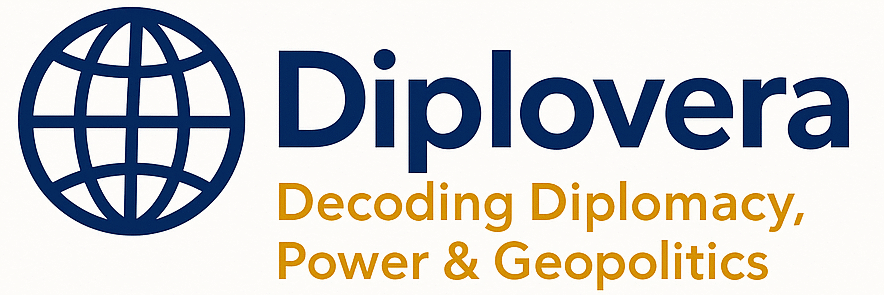Tesla’s India Debut – Tariff Hurdles, Trump’s Push, and a Showdown with Tata & Mahindra
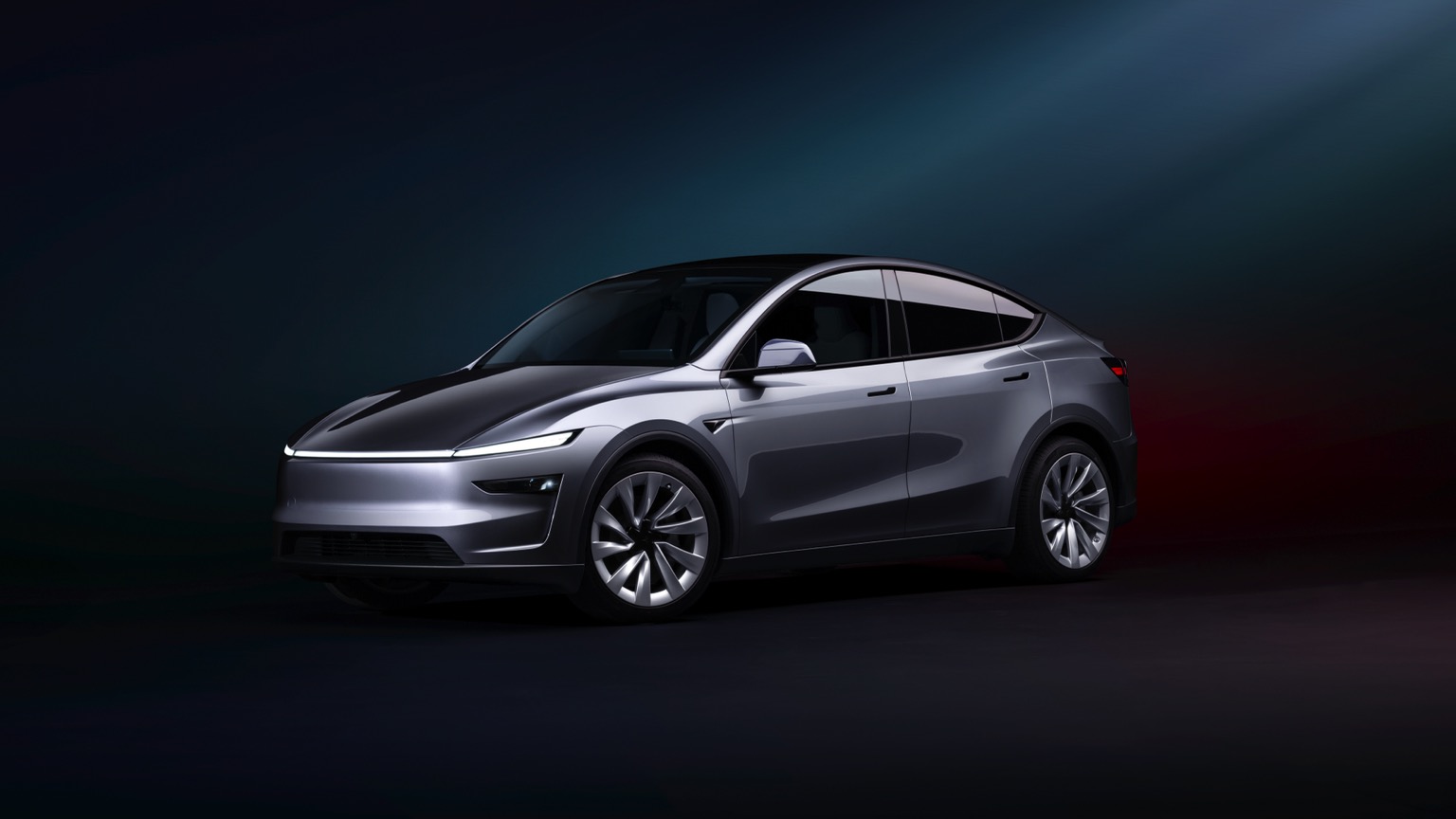
After years of speculation, delays, and diplomatic negotiations, Tesla has officially launched in India with the introduction of the Model Y SUV. Priced at ₹60–68 lakh, the vehicle enters a premium EV market constrained by import tariffs and competitive domestic manufacturers. As talks between the U.S. and Indian governments intensify over a potential tariff-reducing trade deal, Tesla's future in India hangs in the balance. If successful, the deal could shift the equilibrium of India’s EV market, posing a serious challenge to incumbents like Mahindra and Tata in the high-end segment.
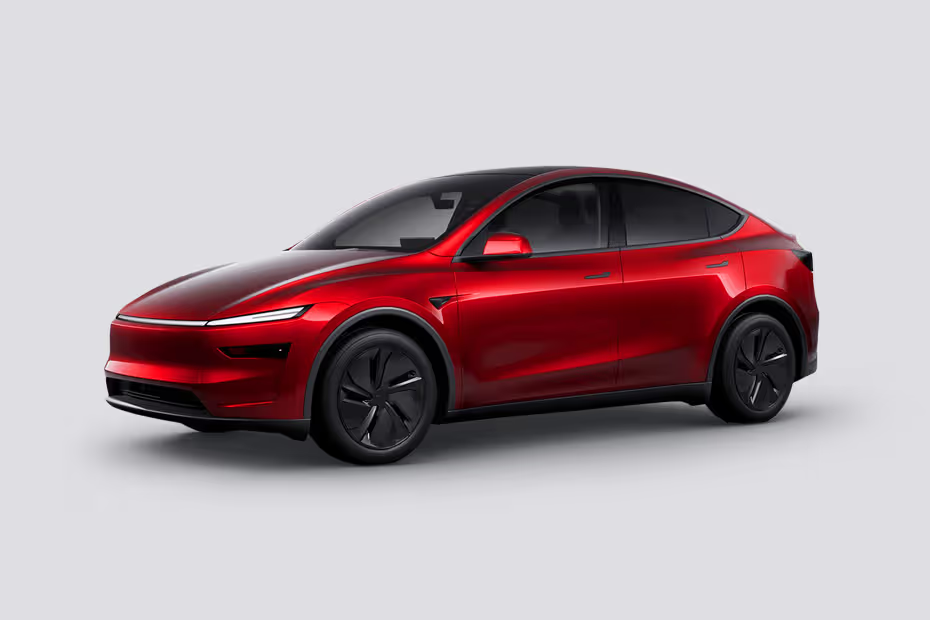
The Long-Awaited Entry:
Tesla’s journey into India has been a roller coaster of ambition, political friction, and patience. Since 2015, Elon Musk had hinted at Tesla’s interest in entering India, but high import duties—often reaching 100%—kept the brand away from what is considered one of the toughest automotive markets globally. Multiple rounds of discussions between Tesla and Indian officials failed to result in a compromise, primarily due to the Indian government's insistence on local manufacturing.
But the geopolitical environment has shifted. The U.S. has been increasingly pressuring India to lower barriers for American companies, and the electric vehicle sector has become a key point of negotiation. The result? Tesla has finally broken the deadlock by launching the Model Y in India as a fully imported unit, without yet committing to local production. The first Tesla showroom opened on July 15, 2025, in Mumbai’s Bandra-Kurla Complex, marking the brand’s official retail debut.
Elon Musk has always played the long game. His strategy with India reflects his broader business philosophy: leverage brand power and technology supremacy to gain market access, and delay capital-intensive local investments until demand is validated.
In Tesla’s case, the company has chosen to test the waters by importing units despite the punitive tariffs, betting on growing premium EV interest and diplomatic momentum. Musk has been vocal about India’s high import duties, calling them the highest in the world for EVs. He declined to set up a local plant without first being allowed to sell and service imported vehicles freely.
Parallelly, U.S. President Donald Trump has repeatedly highlighted India’s "unjustified tariffs" on American goods, particularly EVs. Trump has reportedly lobbied behind the scenes to ensure that Tesla receives favorable conditions in India, aligning economic diplomacy with corporate interest. This confluence of business ambition and political pressure has pushed Indian policymakers toward a delicate balance between safeguarding local industry and inviting global innovation.
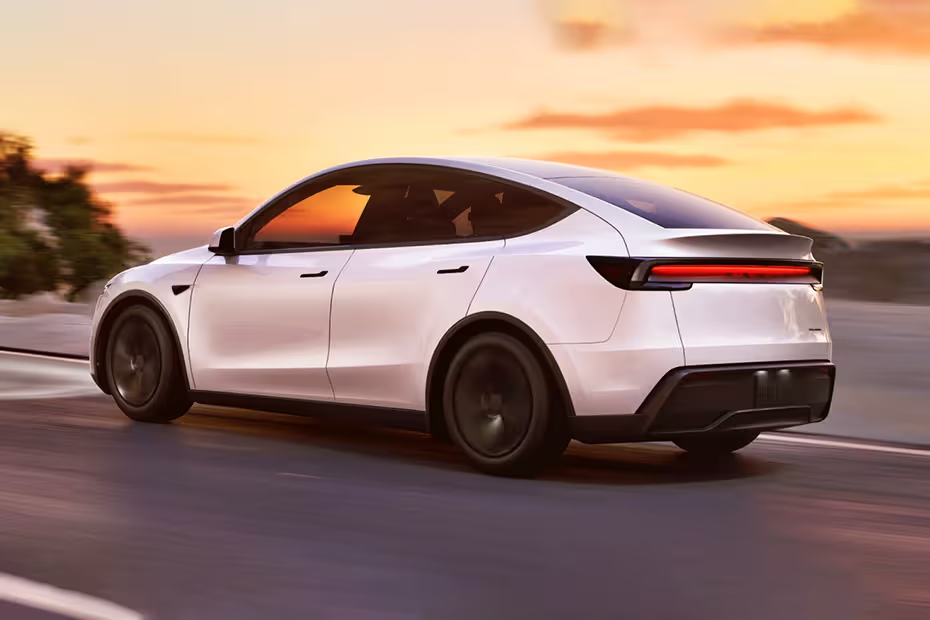
Tesla launched the Model Y SUV in two variants:
-
Model Y RWD – ₹59.90 lakh (claimed range: ~500 km)
-
Model Y Long-Range RWD – ₹67.90 lakh (claimed range: ~622 km)
Bookings are now open with a ₹22,000 token, and deliveries are expected to begin in October 2025.
Key features include:
-
Level 2 Advanced Driver Assistance Systems (ADAS)
-
15.3" central touchscreen with Tesla OS
-
Ventilated front-row seats and ambient interior lighting
-
Panoramic glass roof
-
Acoustic glass for sound insulation
-
Wireless software updates
-
Future upgrades for near-autonomous driving
Tesla is positioning this launch not just as a commercial move but as a technological statement, showcasing what a futuristic EV experience should feel like in India’s rapidly urbanizing luxury segment.

Tariff Burden & Price Dynamics:
Tesla’s biggest barrier in India has always been the import duty on completely built units (CBUs), which currently ranges from 70% to 100%.
Price Breakdown (Estimated):
| Variant | Base Cost (Ex-Factory) | 100% Duty (Now) | 20% Duty (Proposed) | 0% Duty (FTA Scenario) |
|---|---|---|---|---|
| Model Y RWD | ₹30 lakh | ₹59.9 lakh | ₹39–42 lakh | ₹30–32 lakh |
| Model Y Long-Range RWD | ₹34 lakh | ₹67.9 lakh | ₹45–48 lakh | ₹34–36 lakh |
If the proposed U.S.–India trade agreement includes a tariff cut to 20% or 0%, Tesla’s pricing could drastically change the Indian premium EV landscape. The Model Y, which today costs nearly ₹68 lakh, could become accessible at under ₹40 lakh—a price point that aligns with vehicles like the Kia EV6 and Hyundai Ioniq 5 and Mahindra BE 6E.
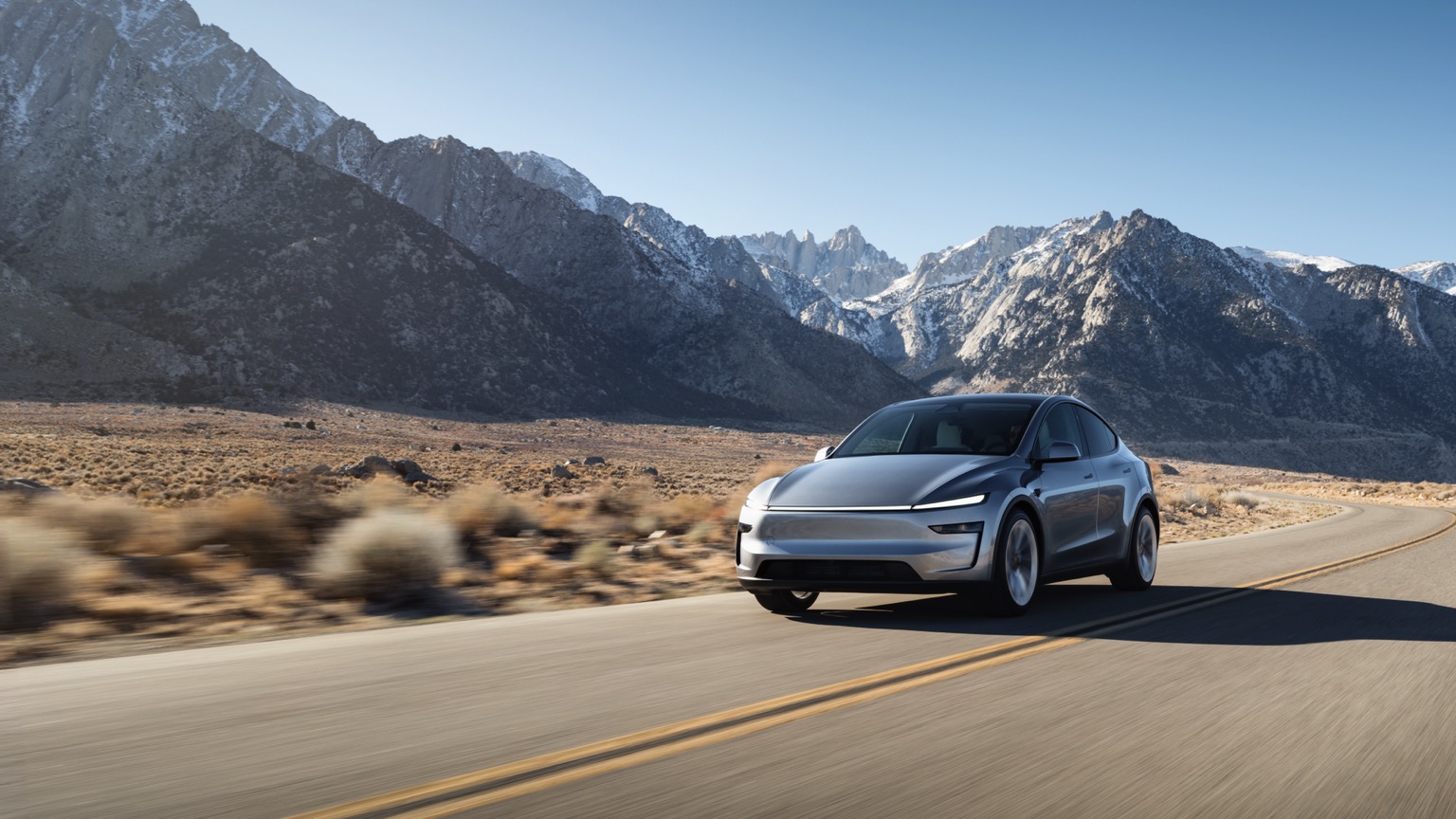
India’s Premium EV Landscape – The Real Competition:
It is incorrect to compare Tesla’s Model Y with entry-level EVs like the Tata Tiago or Mahindra XUV400. Tesla is not entering the economy EV segment—it is entering the premium urban SUV segment, where design, software, performance, and luxury converge.
Current competitors in the ₹35–55 lakh EV segment:
| Model | Price Range (Ex-Showroom) | Range (WLTP/ARAI) | Powertrain |
|---|---|---|---|
| Kia EV6 | ₹60–65 lakh | 528 km | AWD |
| Hyundai Ioniq 5 | ₹46–48 lakh | 631 km | RWD |
| BMW iX1 | ₹66–70 lakh | 417 km | AWD |
| Volvo XC40 Recharge | ₹54–57 lakh | 418 km | AWD |
| Toyota bZ4X (Upcoming) | ₹45–50 lakh (est.) | ~500+ km (est.) | AWD |
If Tesla’s price falls below ₹40–45 lakh with duty relief, it will have a serious competitive edge in:
-
Software (Tesla OS is still unmatched in real-time OTA features)
-
Brand appeal (globally dominant EV brand)
-
Performance-to-price ratio (faster acceleration, better efficiency)
Indian automakers like Tata and Mahindra are yet to make serious inroads in this high-performance EV SUV segment. Their upcoming Born-EV platforms could be a response, but Tesla’s first-mover advantage in this niche could be decisive.
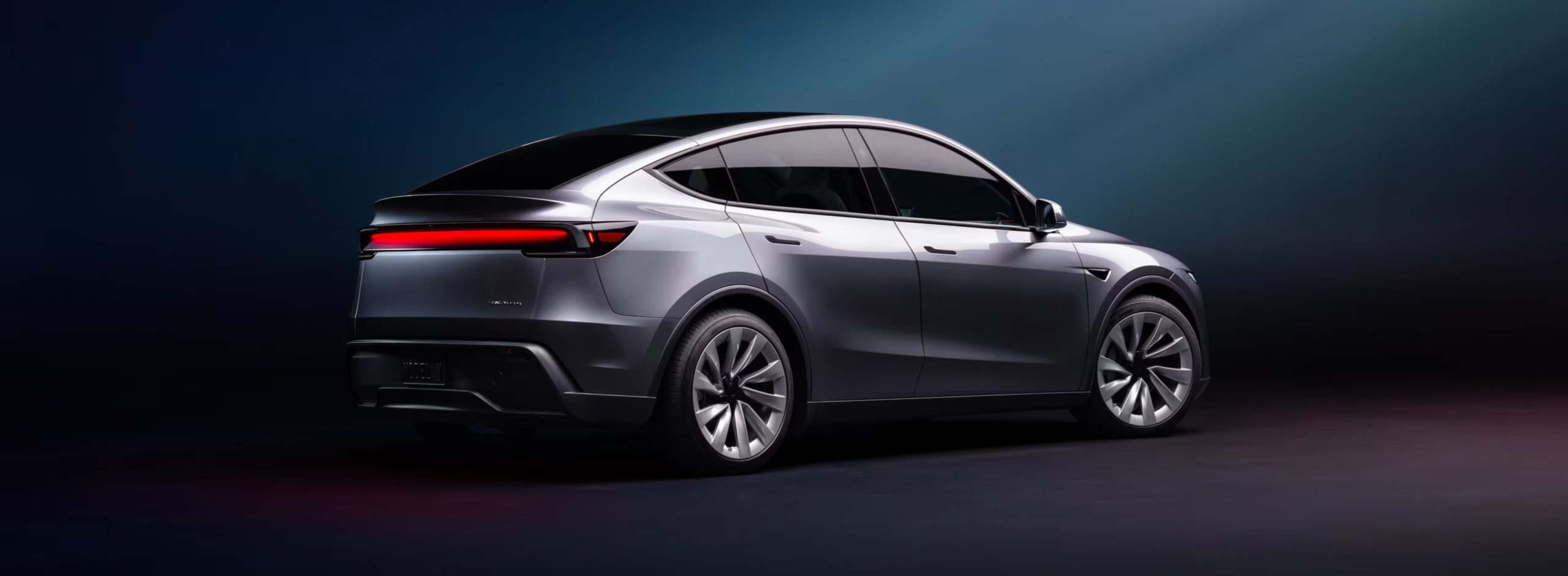
Trade Deal and Future Scenarios :
The Indian government is currently negotiating a trade deal with the U.S., with EVs being a critical chapter. If tariffs are lowered to 20% or less, Tesla has signaled willingness to ramp up presence and possibly start planning for localized production within 3 years.
Scenario 1: No Tariff Cut
-
Tesla remains a luxury status symbol.
-
Volumes stay limited.
-
Mahindra, Tata, and Hyundai continue to dominate the ₹15–40 lakh market.
Scenario 2: 20% Tariff
-
Tesla Model Y becomes competitive with Kia and Hyundai.
-
Entry into mass-premium category.
-
Could threaten Ioniq 5, EV6, Volvo, and BYD Seal in India.
Scenario 3: 0% Tariff (FTA Model)
-
Tesla disrupts the premium EV market entirely.
-
Model Y may start at ₹30 lakh, forcing Tata, Mahindra, and global rivals to accelerate innovation and reduce margins.
-
Creates pressure on Indian policy to fast-track EV infra.
Tesla’s global roadmap also includes CyberCab (a no-steering robotaxi) and RoboVan—which could later be adapted for smart city fleets or Indian last-mile logistics if regulatory paths are cleared.
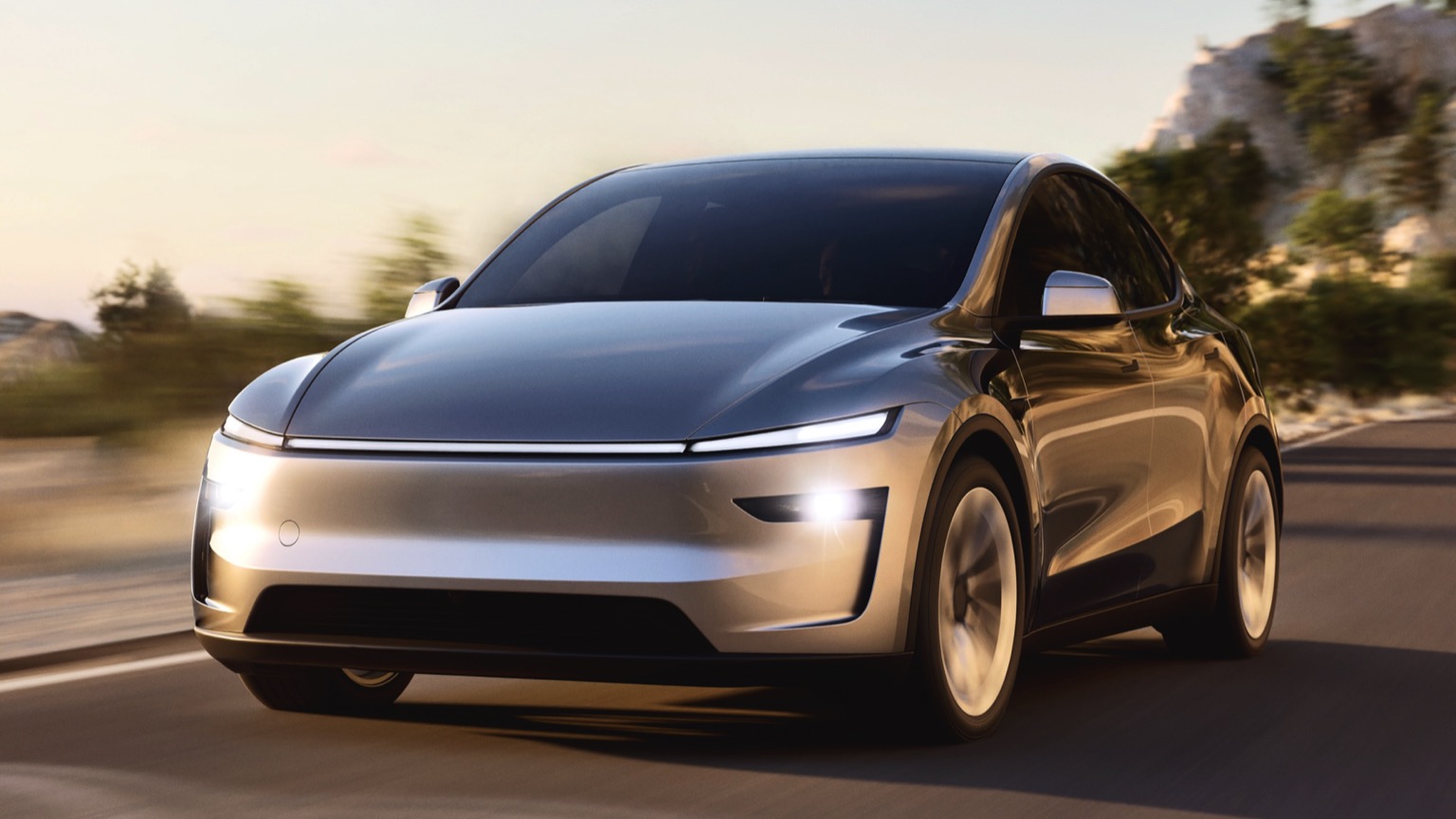
Tesla’s debut in India is more than just a car launch—it is a strategic signal. Elon Musk has placed a high-stakes bet that Indian consumer aspiration, U.S. political diplomacy, and high-end EV demand will converge in the next 12–18 months.
If Tesla secures tariff relief and offers Model Y at disruptive pricing, it will catalyze a reshaping of India’s EV market, forcing both Indian and global players to reinvent their premium offerings.
However, if duties persist and regulatory bottlenecks delay Tesla’s scaling, it may once again become a symbol of what could have been—a brand too early, too expensive, and too foreign for India's current economic structure.
